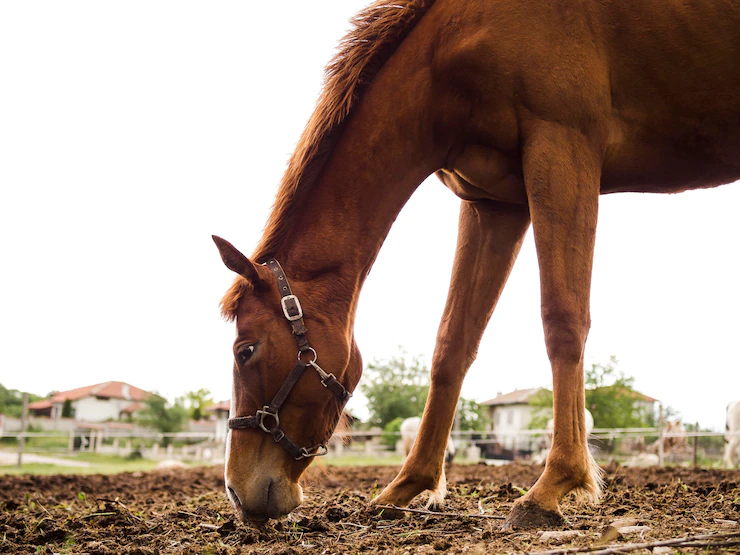When engaging in horse farming in South Africa, it’s important to be aware of various infections and diseases that can affect horses. Here are some of the key ones to watch out for:
- African Horse Sickness (AHS):
This is a highly infectious and often fatal viral disease transmitted by certain species of Culicoides midges. It primarily affects horses and can cause severe respiratory and circulatory issues. Vaccination is available and mandatory in South Africa. - Equine Encephalosis (EE):
EE is another viral disease transmitted by Culicoides midges. It causes fever, swollen limbs, and can lead to neurological symptoms in some cases. Vaccination is available in South Africa. - Equine Infectious Anemia (EIA):
Also known as “horse swamp fever,” EIA is a viral disease transmitted through bloodsucking insects such as horseflies. Infected horses can become carriers for life, and there is no known cure or vaccine. Strict biosecurity measures, including regular testing, are necessary to prevent its spread. - Equine Herpesvirus (EHV):
This group of viruses can cause respiratory infections, abortion, and neurological symptoms in horses. Strict biosecurity protocols, such as isolating new horses and practicing good hygiene, are crucial to prevent outbreaks. - Equine Influenza (EI):
This highly contagious viral respiratory disease can spread rapidly within horse populations. Vaccination is available and recommended to control outbreaks. Quarantine measures and good biosecurity practices are essential to prevent its introduction and spread. - Equine Piroplasmosis:
This tick-borne disease is caused by the parasites Babesia caballi and Theileria equi. It can lead to anemia, fever, weight loss, and in severe cases, death. Regular tick control and quarantine procedures for new horses are vital preventive measures. - Glanders:
Although rare, glanders is a bacterial infection that primarily affects horses and is highly contagious. It can also infect humans. Strict biosecurity measures and prompt veterinary attention are necessary to prevent its spread.
It’s important to consult with local veterinarians and equine specialists who are familiar with the specific diseases prevalent in your region. They can provide guidance on vaccination schedules, biosecurity protocols, and other preventive measures to ensure the health and well-being of your horses.
Join 'Farmers Mag' WhatsApp Channel
Get the latest Farming news and tips delivered straight to your WhatsApp
CLICK HERE TO JOIN






